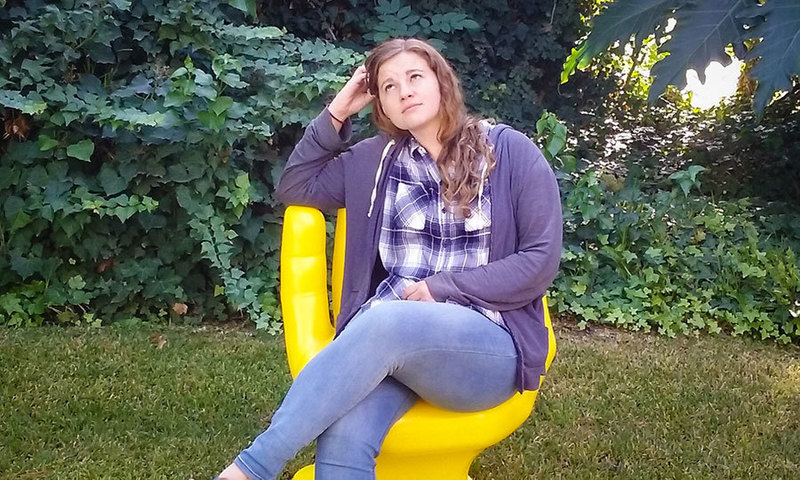When someone at Biola says they traveled to another country or city to interact with people from another culture, the assumption is that they went on mission. This was not so for Krystina.
In fact, Krystina spent her summer in Minneapolis doing the opposite of what many people imagine missions to be. She studied Somali women working in a Somali mall. She didn’t share the gospel or do service projects. She just interacted and observed.
She learned about the nomadic roots of the Somali people. Because many Somali people are nomadic, they produce what they need to survive. This means that Somali women and men hold close to, if not equal status in their culture.
Krystina quickly learned that the Somali women working in the mall were trying to preserve their cultural heritage by passing on customs that younger Somali women no longer see as necessary.
In learning about the complexities of bringing together Somali and American culture, she began to more deeply understand the Somali women she worked with.
This was a required research project for her anthropology major. A major, she says, doesn’t receive much recognition.
A lot of people tend to see anthropology as, “a very secular field,” she says. Anthropology takes on what is called a “relativistic perspective.” Krystina thinks this is why many Christian schools shy away from the field.
Essentially, a relativistic perspective in anthropology means finding truth that differs from your version of truth. Finding other perspectives on truth is not only what Krystina set out to do in Minneapolis but what she has pushed herself to do at Biola.
Krystina took a little known Social Justice and Human Rights class, which was formative in her anthropological learning. But one class was not enough. Krystina tried making friends interested in looking at the world through an anthropological lens. She also sought out the knowledge of her professors who had actual experience doing anthropology.
She highlights opportunities at Biola for students who share her passion for engaging culture. “There is a Social Justice minor here, but no one knows about it.” Exposure to the minor may prove resourceful to those who are passionate about social justice.
She’s also president of the Anthropology Guild, and has been in talks with faculty about increasing cross-cultural awareness. She’s been trying to get more funding for things like Sola Soul and SCORR Conference.
Krystina has enjoyed her time here, but to her it seems like students need to seek out classes, conferences, and experiences that put cultural engagement and competency into practice.
From her perspective, Biola doesn’t hand students cultural competency on a platter. The main reason she was exposed to an array of cultural perspectives is because she is an anthropology major. She also notes that many anthropology classes are easily available as general electives.
All in all, seeking knowledge from her professors, being involved in cross-cultural engagement, and diligently doing anthropology has made her increasingly aware of the complexities of culture. Engaging in a “secular” field at a Christian college has made her aware and knowledgeable in ways that others at Biola might be missing out on.
Looking for cross-cultural experiences? Biola’s office of Student Enrichment and Intercultural Development and Center for Cross Cultural Engagement are great places to start.
 Biola University
Biola University

.jpg)
.jpg)